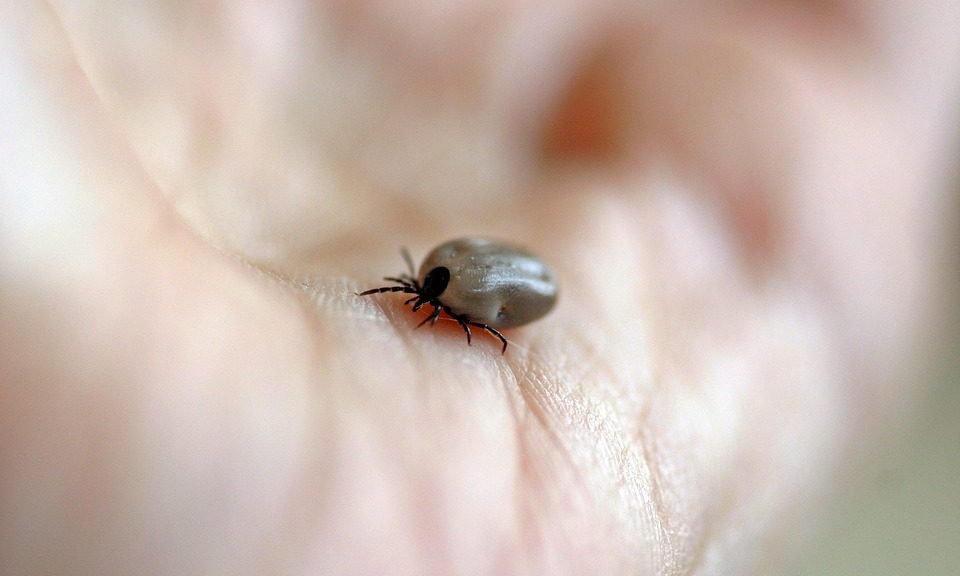Types of Ticks

With the warmer weather starting, many people have been taking advantage of the beautiful outdoors. Living in New Jersey, the prevalence of ticks is not something to ignore, so it should be common practice to check for ticks after going into heavily wooded areas. But, even if you have found a tick on yourself, most people aren’t able to identify the type of tick and whether or not it is a possible host of a tick-borne disease.
We compiled a short description for you on each common tick in our area. Read our tips below in case you ever come across one of nature’s biggest pests.
In New Jersey, the three most common ticks are the Blacklegged Tick, the Brown Dog Tick and the American Dog Tick. The male ticks cannot transmit diseases, only the female and nymphai (second stage) ticks can.
Blacklegged Tick
The Blacklegged Tick is also commonly known as the Deer Tick. These ticks can use humans and pets as hosts, and humans can contract Lyme Disease from blacklegged ticks. They are brownish in color, but turn red after a feeding. They will also double their size and can expand to 10 mm long. They live in wooded areas and along forest trails.
Brown Dog Tick
The Brown Dog Tick prefers dogs as its host over humans, and they do not carry Lyme. They like to live indoors and in warm conditions. These ticks are brown, but females turn a blue-gray color after a feeding.
American Dog Tick
The American Dog Tick is also commonly found on dogs, but can go for larger mammals such as cattle and humans. These ticks are reddish-brown in color with white markings on their scutum (the middle shield-like segment of the tick). They do not carry Lyme disease but can carry Rocky Mountain spotted fever.
If you believe you have been bitten by a tick, it is important to either identify the type of tick it is or to hold on to the tick until you can contact your doctor. Lyme disease is extremely treatable if caught early enough.
With spring only days away, now is the best time for professional tick control. Prevention is the greatest tool, and Mosquito Joe can be an added defense against tick-borne disease. Call our office today to make your appointment and see how we can help ease your worries.


